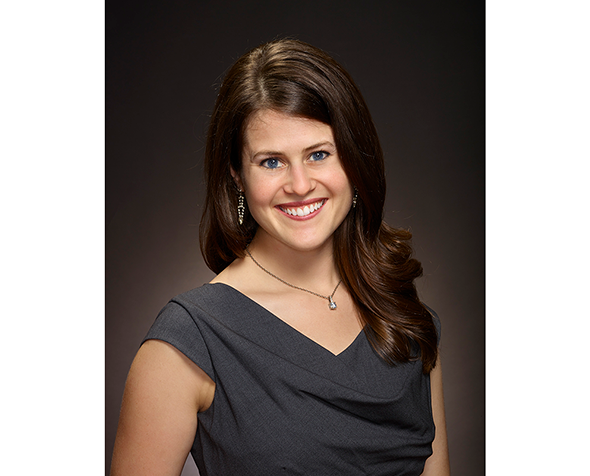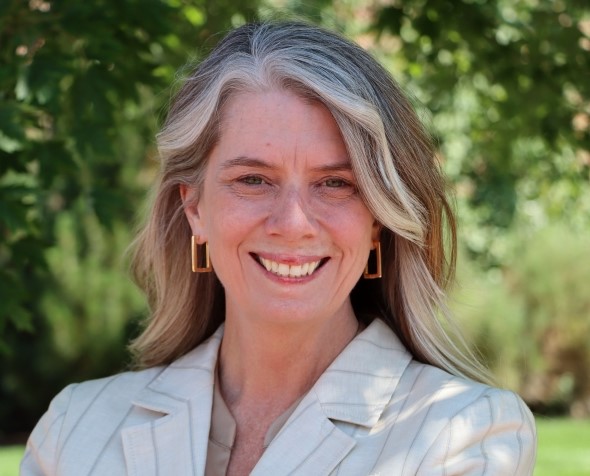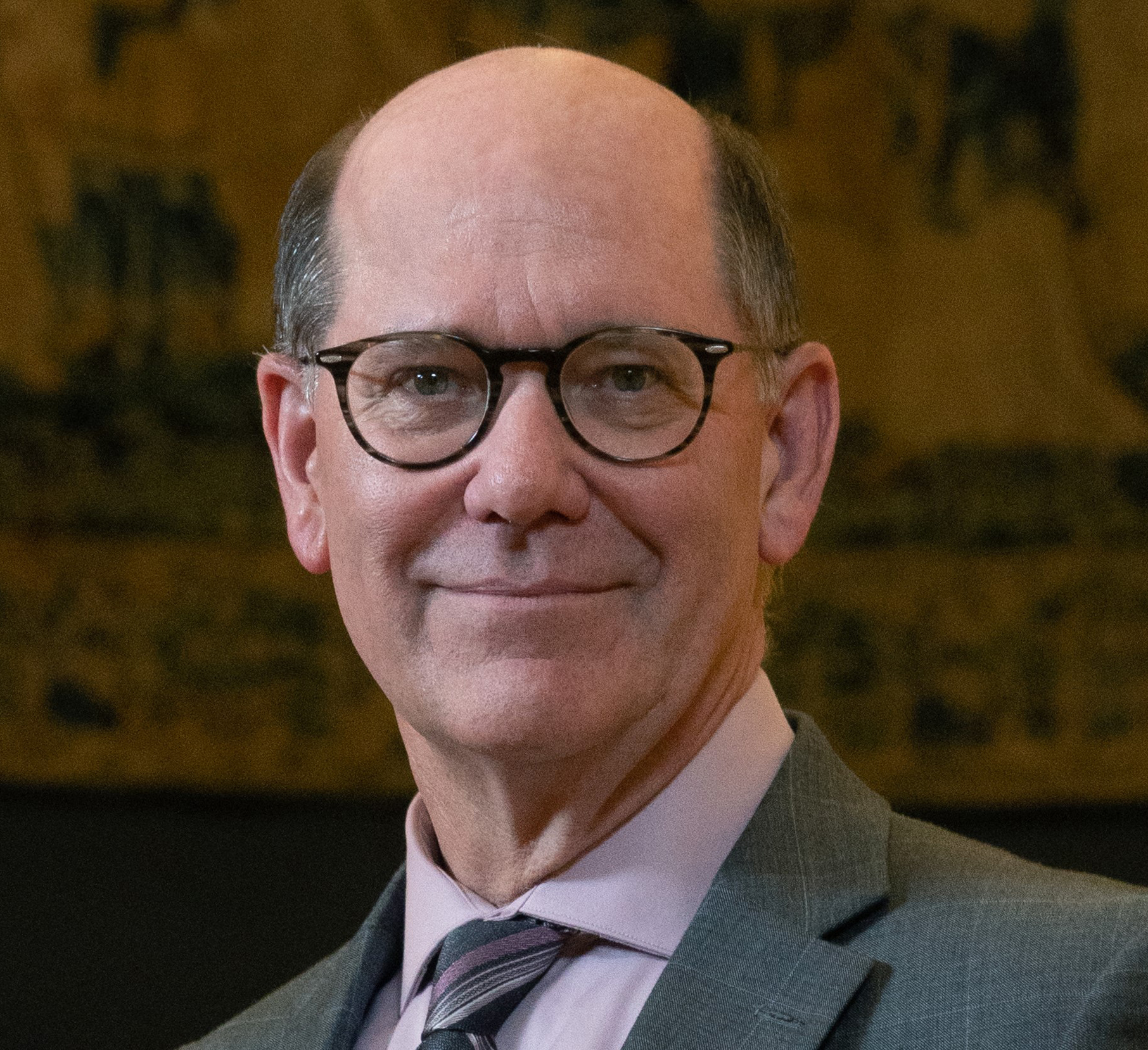Lamont School of Music Director Brian Pertl: “If You Can Dream It, You Can Do It”

Brian Pertl's faith in the power of music to transform hearts and minds sprang from listening to the classical music always playing on his mother’s transistor radio. The Lamont School of Music's new director fell hard for that music and, in first grade, saved up enough money to buy an album of Vivaldi’s oboe concertos, which he still keeps in his office today.
Intent on making music of his own, he picked up the trombone in elementary school, juggled passions for music, academics and soccer in high school and went on to earn a bachelor’s degree in music and English from Lawrence University in Appleton, Wisconsin. He received the Thomas A. Watson Fellowship and spent six months in Australia with Aboriginal musicians learning to play the didjeridu [an instrument made from a termite-hollowed tree] and half a year studying with Tibetan Buddhist monk musicians in Tibet, India and Nepal.
Those mind-opening immersions led to earning a master’s degree in ethnomusicology from Wesleyan University in Middletown Connecticut. But his continuing graduate work at the University of Washington in Seattle took a life-changing turn when he received a job offer to edit one of the first CD-ROM titles, “Microsoft Musical Instruments.” Aware of the project’s groundbreaking potential to change the way people accessed music forever, Pertl put his PhD on hold.
He went on to oversee a team of ethnomusicologists, photographers and video editors responsible for selecting, editing and licensing images, audio and video for Microsoft’s “Encarta,” a digital multimedia encyclopedia first offered on CD-ROM and later online. His time at Microsoft steeped in a culture of creative empowerment, transformed his approach to music and leadership. “Microsoft created these little teams and said, ‘go solve this problem no one has ever solved before.’ It was an amazing example of how empowering, placing trust in your people and their abilities could be.”
Sixteen years later, Pertl transitioned back to his alma mater as dean of the Lawrence Conservatory of Music, where he funneled his Microsoft experience into building “cultures of belonging wherein students, faculty and staff felt completely seen, heard and valued and ideas, collaborations and creativity mattered,” he said.
To that end, he encouraged students to follow their dreams — including starting a student-run heavy metal ensemble, “with quality as extraordinary as our nationally award-winning orchestra, choir and jazz bands,” he said. He applied the same approach with faculty and staff. “They had great ideas, and we had no money, but I helped them think things through like an entrepreneur would,” he said.
Pertl intends to implement that same “if you can dream it, you can do it” mindset in his new role at Lamont. “I’m stepping into a culture that already believes in supporting students and creating virtuosic musicians in a place of wellbeing, wonder and curiosity and I want to celebrate that, to push the swing higher and higher.”
He envisions Lamont becoming a thought leader and model for other music schools, a topic he explored in his book, “Radically Responsive Music Schools: Leading Change Through Culture Building,” that reimagines university music school culture, arguing for holistic change. “Too many music schools are all about cutthroat competition and the pressure is insane,” he said. “There is no way to reach the flow states needed to be a virtuosic musician if you’re not in a place of openness, calmness and peace.”
To help nurture that place, Pertl plans to integrate his work with “Deep Listening.” Developed by American composer/philosopher Pauline Oliveros, the practice — applicable across all academic disciplines — encourages intentional engagement with sound to promote mindfulness, creativity and connection. “What if we could all walk around campus and listen expansively — like a microphone — where every sound matters, everything is like a symphony playing just for you,” he said.
"The question is, how do we commit to our world of art, positivity and possibility, not as a luxury to dismiss, but as the way through problems to solutions."
He plans to model deep listening to help build and strengthen community, communication and inclusion among students, faculty and staff while encouraging people “to create things that have never been created,” he said. “I’m hopeful we’ll be able to get students and faculty together in a room and spend time improvising and making music.” He also plans to offer a class on the topic open to students university-wide next year.
Enthusiastic about all the liberal arts has to offer, Pertl will encourage increased interdisciplinary collaboration between Lamont and other College of Arts, Humanities & Social Sciences (CAHSS) departments; and schools and programs campuswide. “I want to find ways to bring music to law, to education, to business and international studies,” he said.
A self-described “relentless optimist,” Pertl believes universities need to incorporate more playfulness and joy. “Despite bad things that are happening. I really believe the solutions will be easier to find in a state of openness instead of fear and anxiety, which is debilitating to thinking and creating. So, the question is, how do we commit to our world of art, positivity and possibility, not as a luxury to dismiss, but as the way through problems to solutions.”





